
Last week, I was giving myself a hard time.
I had resolved to get up early and be productive in 2020. You know, join the-5am-club, and be a #boss like the rest of Instagram. Every night, I would set my alarm for 5am, fall into super deep sleep, and then turn off my alarm as soon as it went off. I even put the alarm on the other side of the room so I’d have to get out of bed to turn it off….and I still went back to sleep. I’d wake up at 7am feeling groggy and annoyed, something like a bear coming out of hibernation. My overall motivation was low during the day, I was achy, lethargic, and in a bit of a slump.
I blamed myself for being lazy and slumpy…maybe this was a character or personality issue. NOPE! IT’S A SCIENCE ISSUE! And we can fix it. Scientists and doctors call this kind of behavior Seasonal Affective Disorder (SAD), and for people living in my part of the world, it is very common. I live where there isn’t a lot of direct sun during the winter months. I’m not too far from the Canadian border, and also not far from the Great Lakes, so when we hit winter, we are looking at arctic air from the north, and lake-effect snow from the Great Lakes. All of that equates to grey, snowy, slushy, cold, bleak days for about four months solid. Welcome to NY. What does that have to do with snoozing my alarm?
SAD occurs because the serotonin in our brains gets processed too quickly by serotonin transporters. What does that mean? Serotonin is the “the happy chemical.” You produce it when you do things like exercise, or get some sunshine. You were designed to produce serotonin so you would naturally pursue things that are good for you, which is why almost no one produces serotonin when they are doing something painful. The brain is amazing!
Part of the process of serotonin absorption and production is the serotonin transporters. Think of it like this. Your brain is a restaurant, serotonin is a type of food in that restaurant, your receptors are the dining customers, and the transporters are the waiters. Now, imagine that serotonin is placed on your table, and a few bites in, the transporters clear your table. You weren’t finished with that! Well, in their opinion, you were. In short, you may be producing enough serotonin, but you may not be absorbing it.
What does this have to do with winter? Well, serotonin transporters are heavily impacted by fluctuations in light, and light is influenced by the seasons in colder climates. Less light = more active transporters.
“Serotonin metabolism fluctuates with seasonal changes. This is not surprising as serotonin, tryptophan, and melatonin belong to the same chemical class, indoleamine. Across many species, these chemicals respond to light variations intrinsic to seasonality.” Marwa Azab Ph.D.*
People who struggle with SAD during the November-March time frame usually don’t struggle with it during the summer months. And there are far fewer cases of SAD as you go closer to the equator. Is there something wrong with the brains of people who struggle with SAD? No, not at all. They are just more sensitive to the adjustments in their environment, and may also have serotonin transporters that are highly ‘effective’ - as in they move serotonin faster off the tables than they ought to.
So, what can we do? You can always talk to a doctor about what you are experiencing (**I am not a doctor…go find a real one). However, here are some natural things you can do that are effective, cheap, and easy. You may actually scoff at how easy these are.
- Sit near a window for twenty minutes. Maybe move your desk close to a window, or sit in a spot where you know there will be some natural light. The sun didn’t go away just because it’s winter. The rays are still there. The light is still there, and that is what you need. If you can get some light on your skin, and on your face, do that! Just close your eyes and pretend to be a sunflower for a few minutes with your face turned to the sun. This has a direct impact on those overzealous serotonin transporters.
- Trick your brain with light, and reset your internal clock. We’ve already established that your brain is sensitive to light. So let’s use that in our favor. In the morning, let the light hit your face for a few minutes (not the full 20, just a few to get things firing). Periodically do this throughout the day. At night, turn off electronics or use blue light glasses at least an hour before bed. Blue light from electronics messes with your circadian rhythm and makes it much harder for your brain to power down for the night. By manipulating your brain cycles using light, you are more likely to have a regular, restful sleep pattern, with earlier wake-ups and deeper snoozes.
- Drink. Your. Water. So many people are chronically dehydrated, and this does a number on the production of serotonin. I know how hard it is to drink water during the winter because everything is cold and dreary, and you really just want a big, hot coffee. Don’t. Your body needs just as much hydration in the winter as it does in the summer because of the dry, cold air. If you need to warm up your water, go for it! Maybe add a drop of Vitality Oil to it to give it flavor and nutrients.
- Move. Whatever kind of exercise you enjoy, do it for at least 30 minutes a day. When your brain is clearing out serotonin faster than it should, you gotta replenish the tables. Exercise enhances serotonin production, so put together a great playlist, and go move..
- Eat high frequency, high nutrition foods. What is a high-frequency food? It basically means it is not processed, and is closer to its original state, so the cellular integrity and nutritional value is still high and easy to transmit to whomever consumes it….so raw fruits and veggies, whole grains, clean protein sources, and get your high-antioxidant super foods in like Ningxia Red juice. Be sure to watch your processed sugar intake - sugar is usually sought after in the winter months for metabolism and energy reasons, but also to mimic the feelings of serotonin…this method of replenishing the tables, though, isn’t good or long lasting. So put the ice cream away (me too!) and…..
- Cuddle. Make sure this is consensual please, but humans require touch to maintain healthy serotonin levels (along with dopamine and all the other bonding/connection chemicals). It doesn’t have to be creepy. Hug a friend/family member, snuggle with a pet, high-five a colleague, give a friendly (non-creepy) pat on the back to the person at work who just hit a goal, go cuddle your spouse. This is really necessary. Even if you aren’t ‘a touchy person’ your brain is. However, please proceed with caution, respect and common sense for the people around you.
- Aromatherapy. Certain scents can trigger serotonin release in the brain. It’s amazing how the olfactory bulb at the top of your nose is connected to your limbic system, and the power that has on your overall mood. Diffuse citrus and herb oils. My favorites during the winter months are lemon, basil, orange, grapefruit, lime, thyme, cinnamon, peppermint, and wintergreen. Diffusing these oils while at your desk (which you have now moved towards a natural light source) can almost instantly perk you up.
- Plants. Surround yourself with some houseplants. Plants give off fresh oxygen, purify the air, and on a cellular level they vibrate at a higher frequency which is good for your cells. Steer clear of succulents (seriously…there is science behind why), and get a proper houseplant that needs lots of water and sun just like you do.
- Soundtherapy. Did you know that your cells respond to soundwaves? Go to YouTube right now, and search for “432hz”. Just do it. You will get playlists that produce relaxing spa-like music that is measured at 432hz. This measurement of sound frequency can actually impact your cells in a positive way and lift your mood. Don’t be turned off by the hippie-dippie titles of these playlists. You’re here for the soundwaves and the science behind it.
- Prayer. My favorite. Saved the best for last. Spend at least 10 minutes a day sitting with Jesus (maybe while you’ve got your oils diffusing, your soundtherapy going, and your face towards a natural light source) and just sit with Him. Listen for His voice, tell Him about your day, and just chill with Him. This does things for your spirit but also your brain that are just phenomenal.
Ok, peeps! Hang in there. Just a few months left of winter, but we are going to make them healthy, happy ones. Please also see the Disclaimers below.
Where did you get this info?
*https://www.psychologytoday.com/us/blog/neuroscience-in-everyday-life/201911/winter-brain-why-do-we-feel-sad-and-tired-in-winter
**DISCLAIMER: I am not a medical professional. Young Living products are not meant to cure or treat disease or ailments. I will not and can not prescribe or diagnose, and I am not making medical claims of any kind. This recipe is strictly coming from my own experience and research. Please do your own research in conjunction with advice from a trusted physician, and decide what is best for your body.
Please note that I only use and recommend Young Living Essential Oils because they are the purest on the market and the only ones I use. I cannot speak to, or recommend, the benefits of other oils. The essential oils used in this recipe are from Young Living. If you choose to use a different oil, you will have different results and I am not responsible for the outcome.

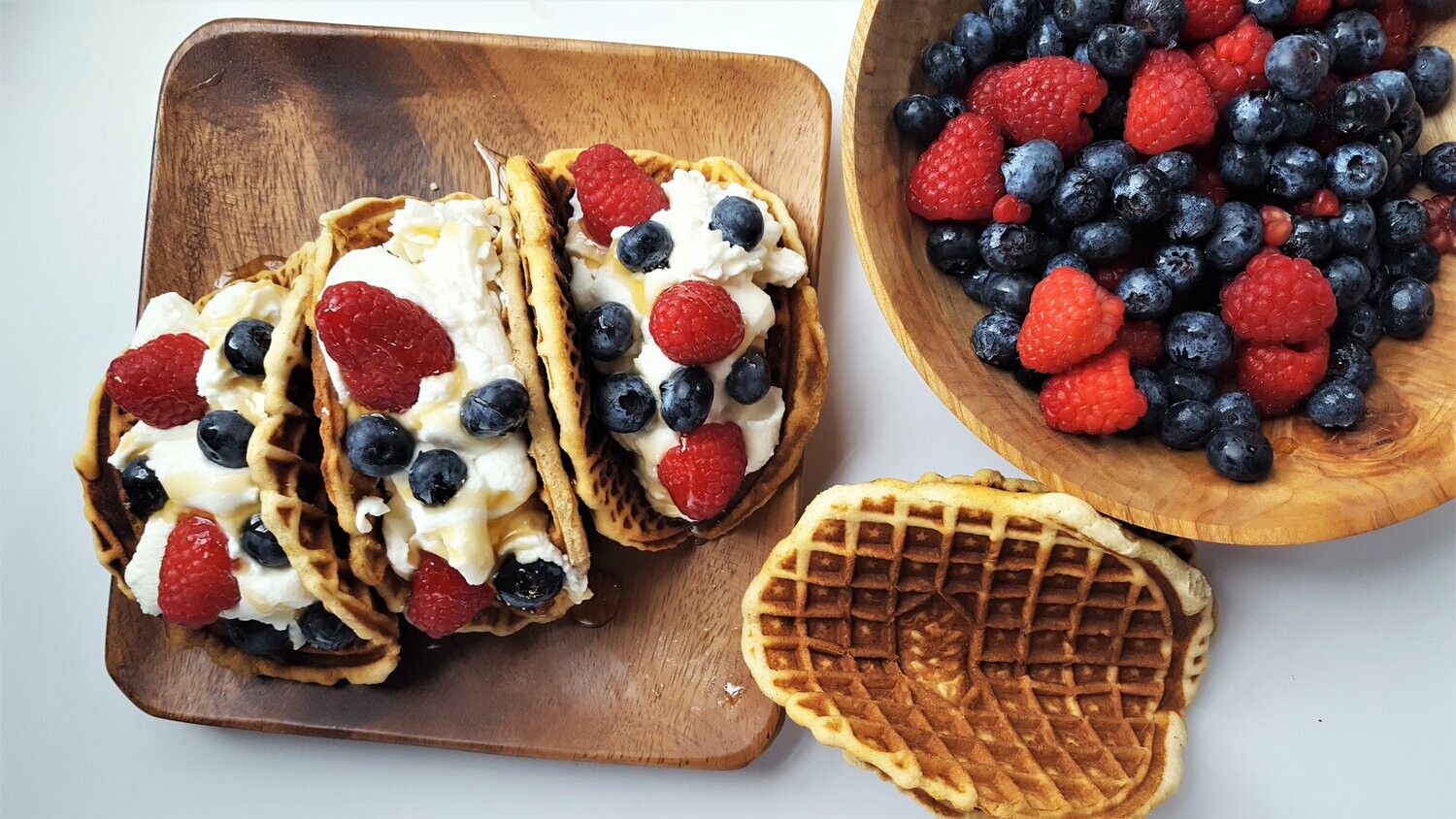
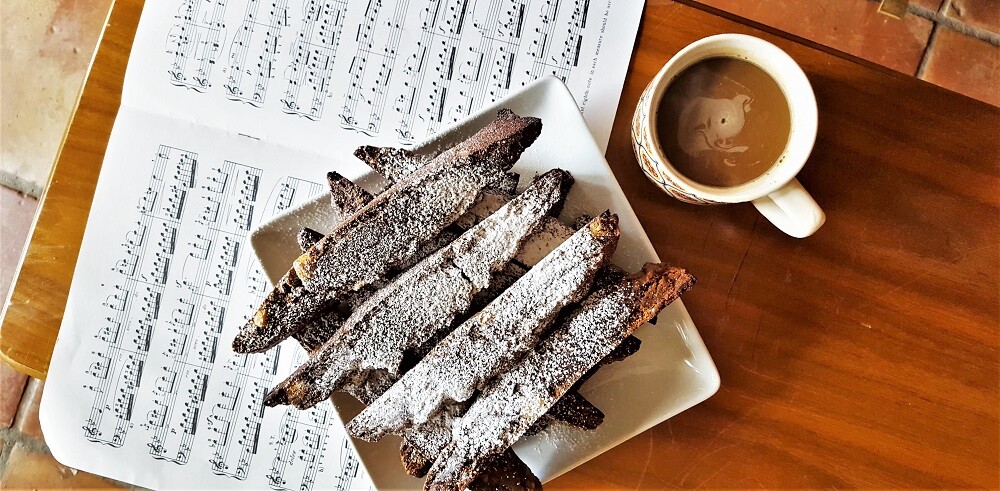
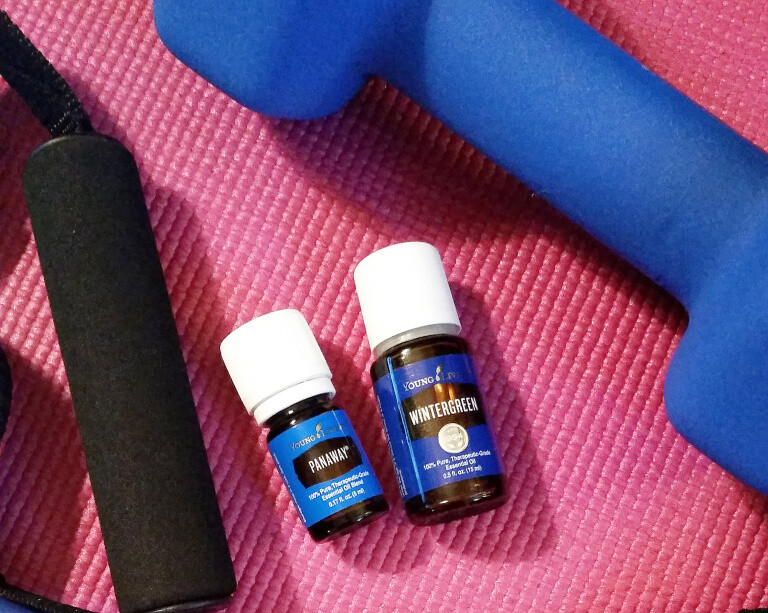
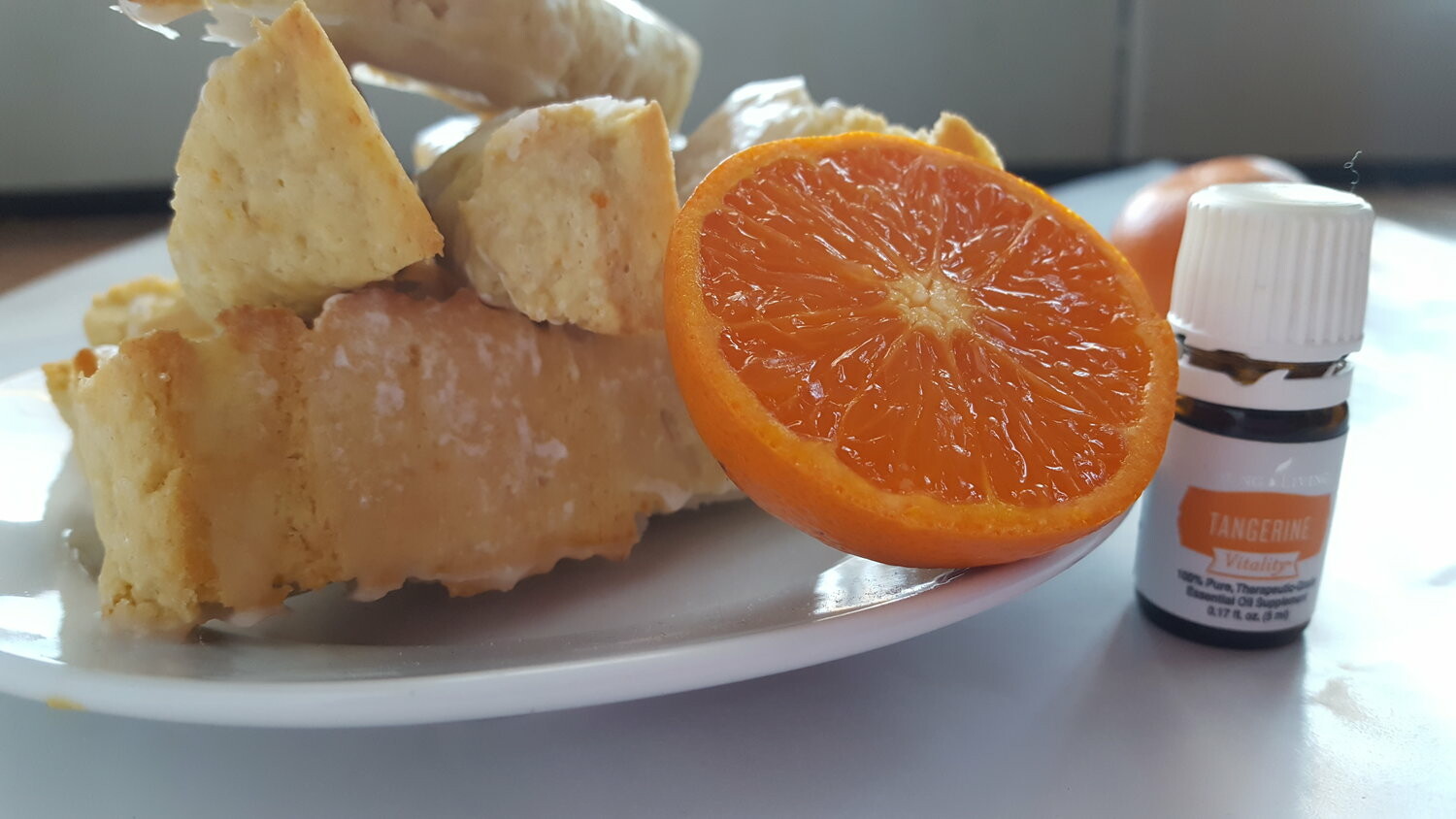
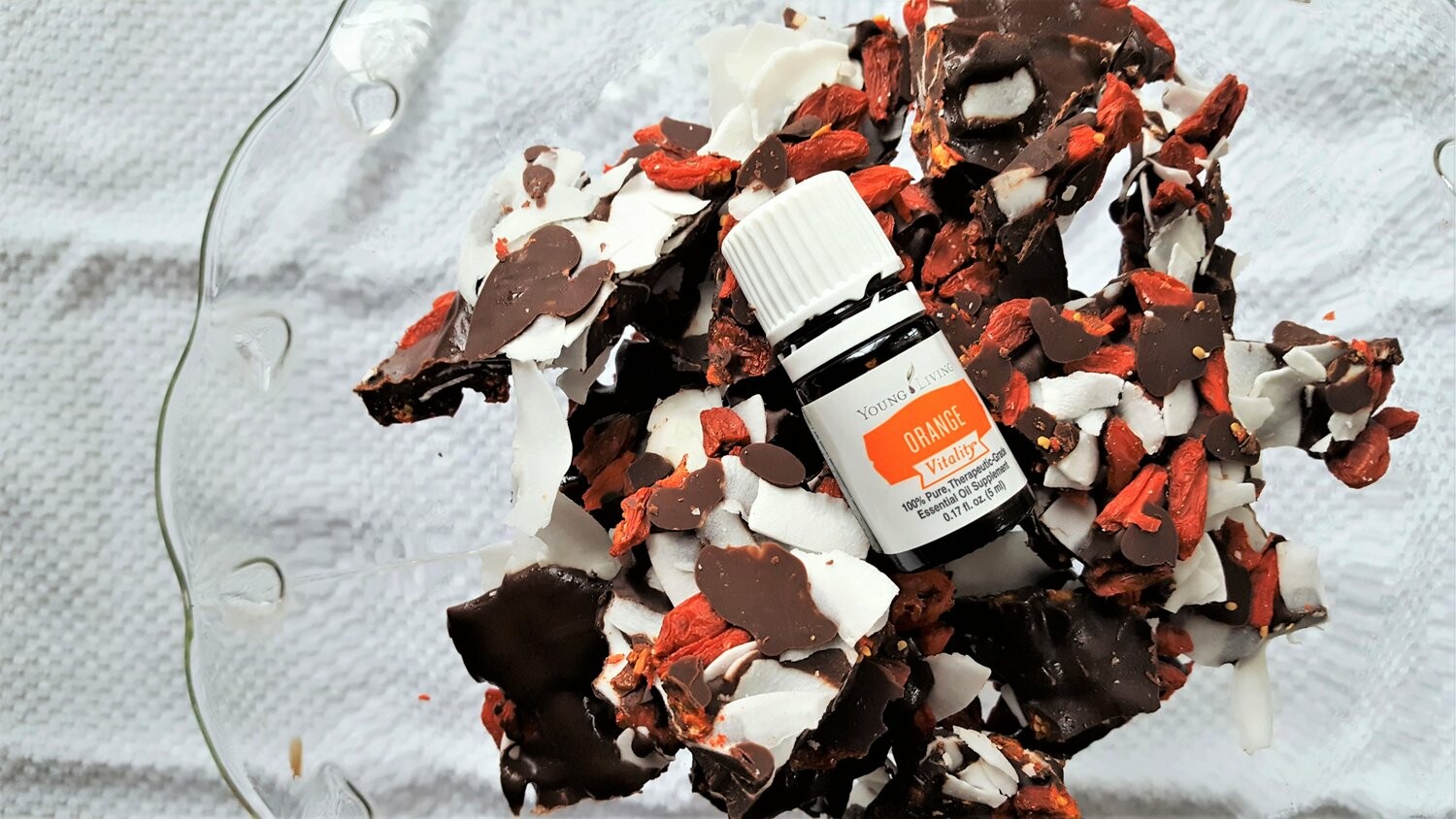
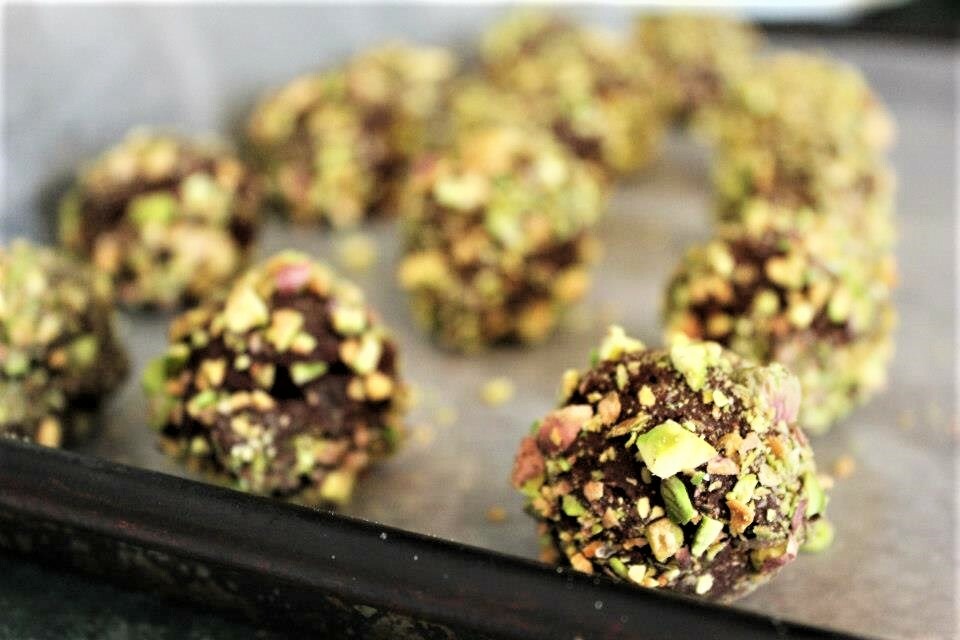
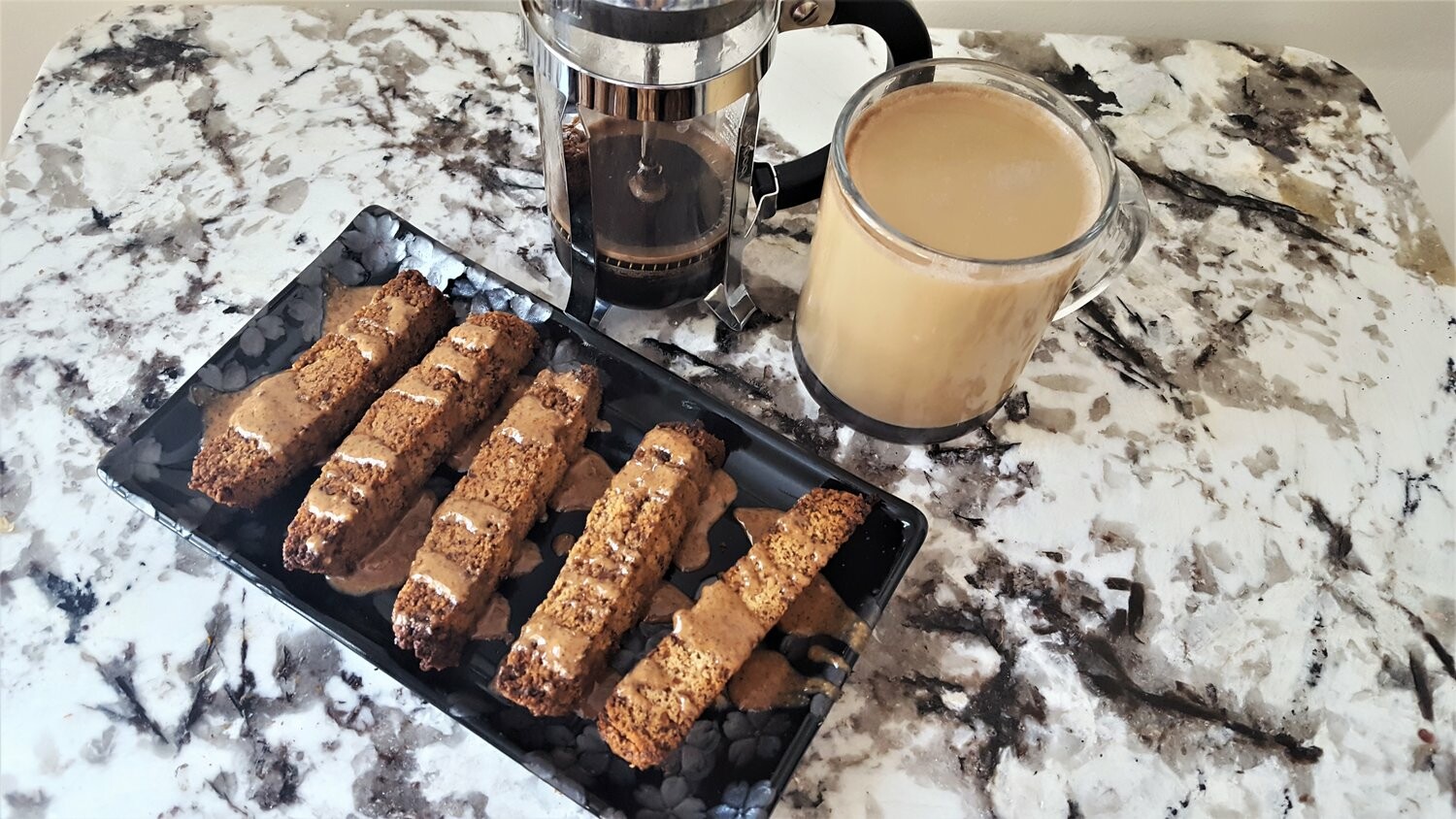
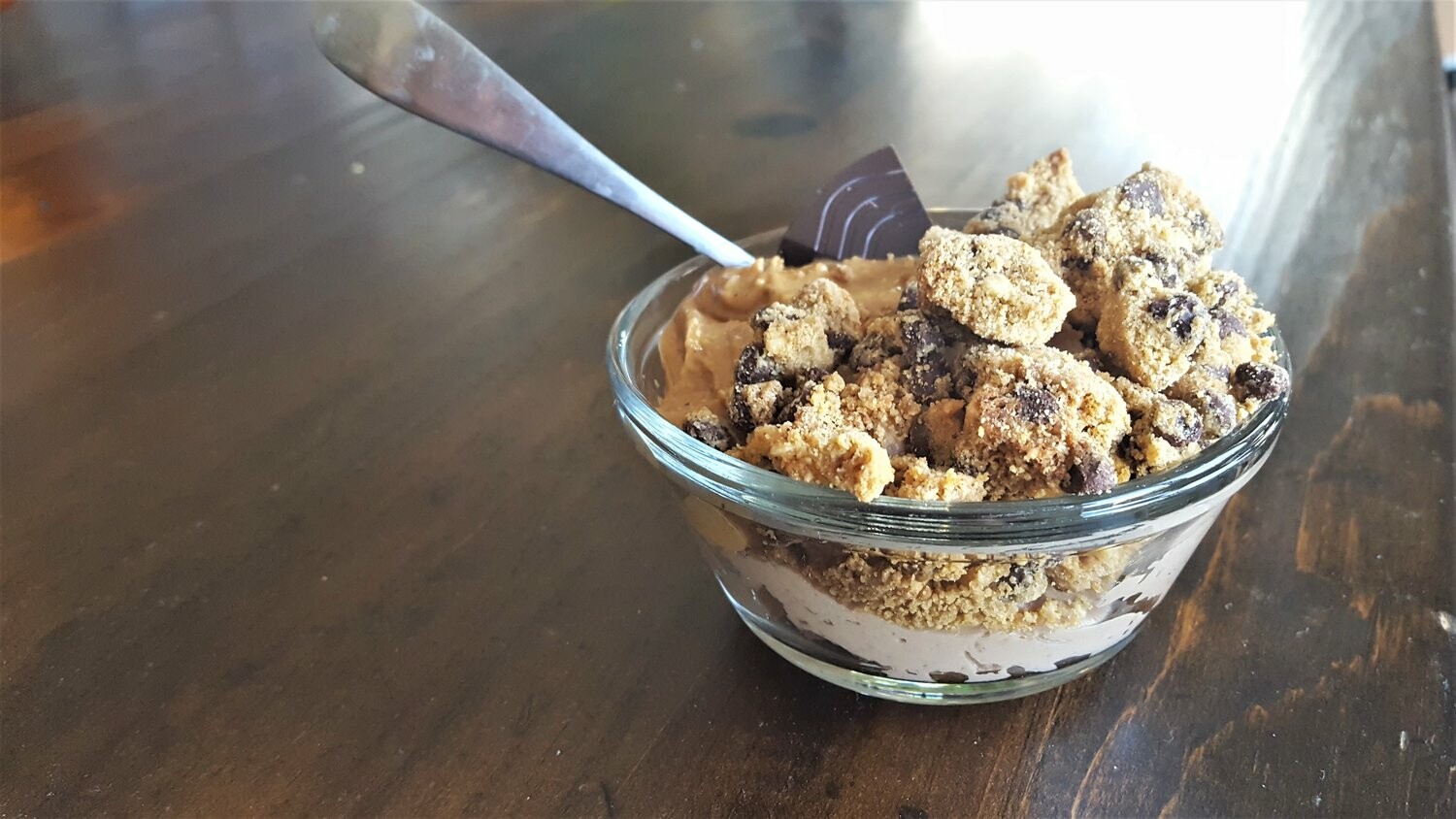
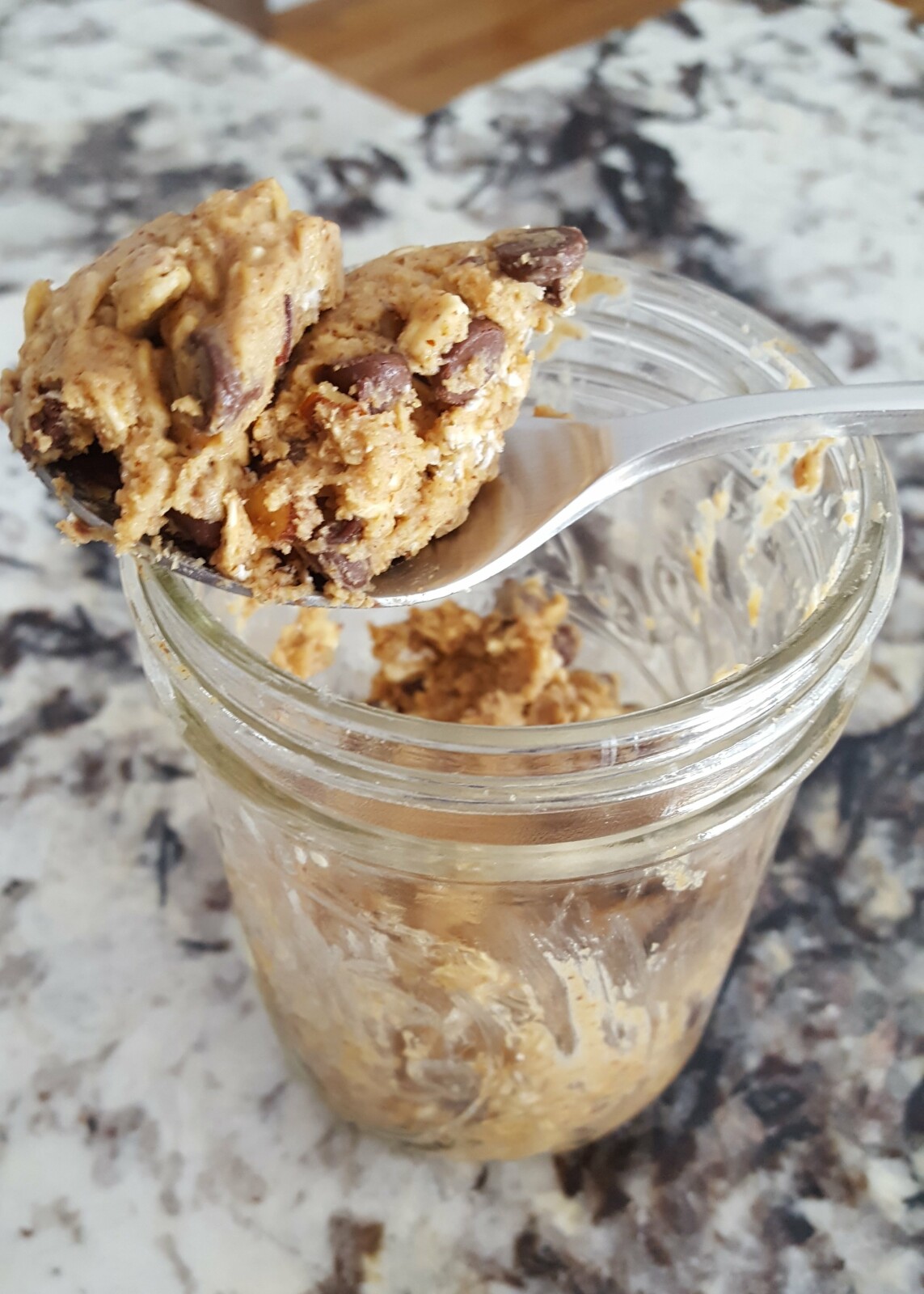

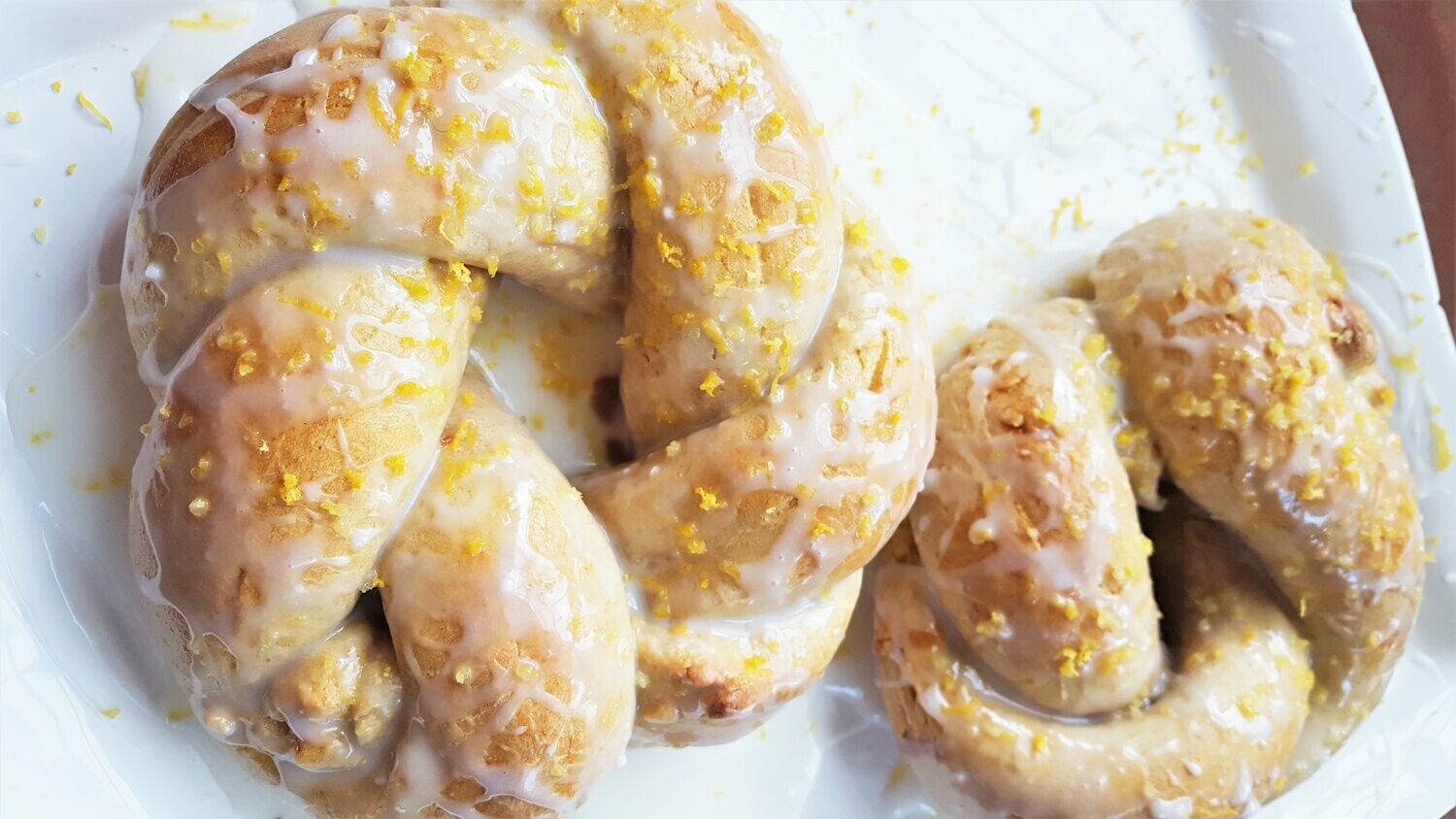

0 Comments